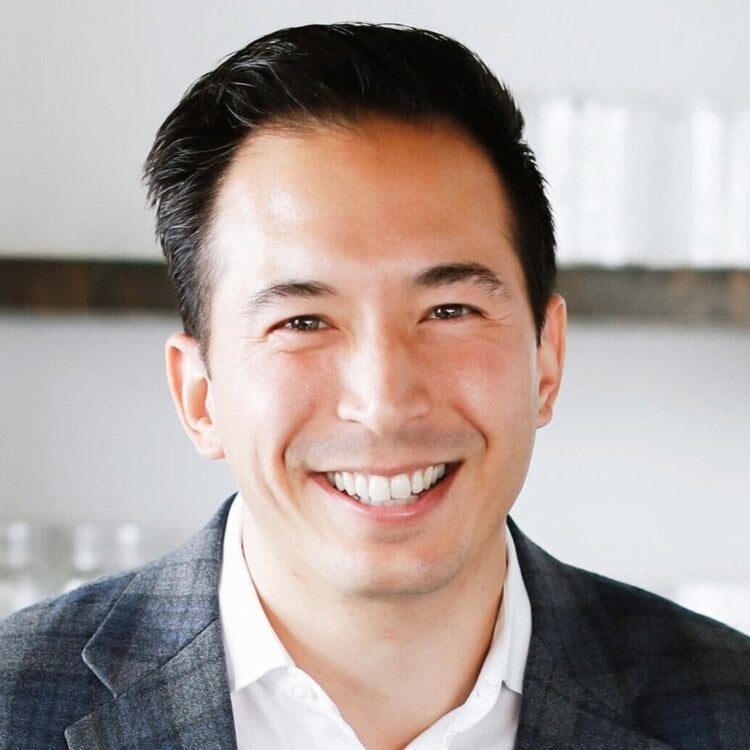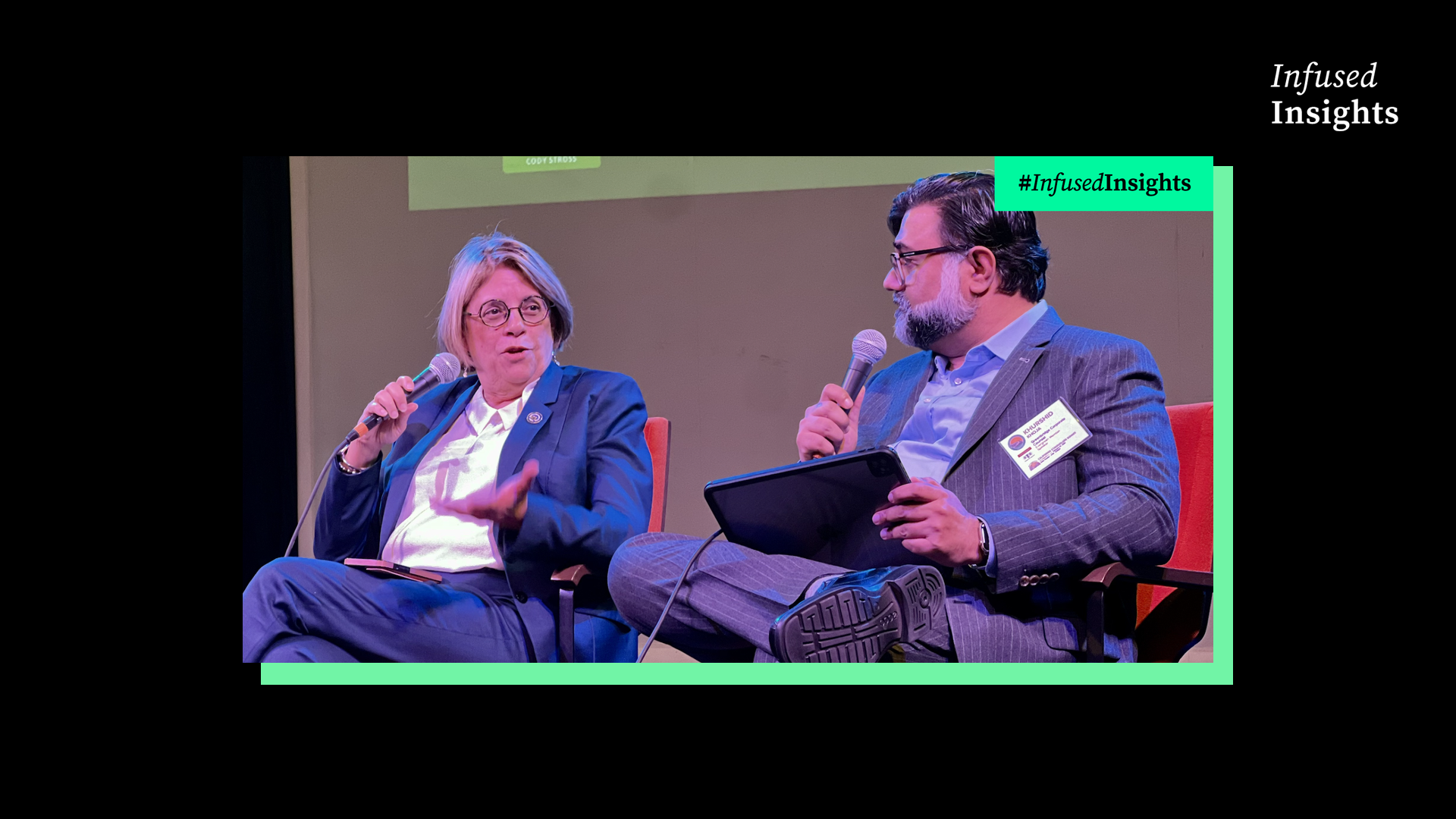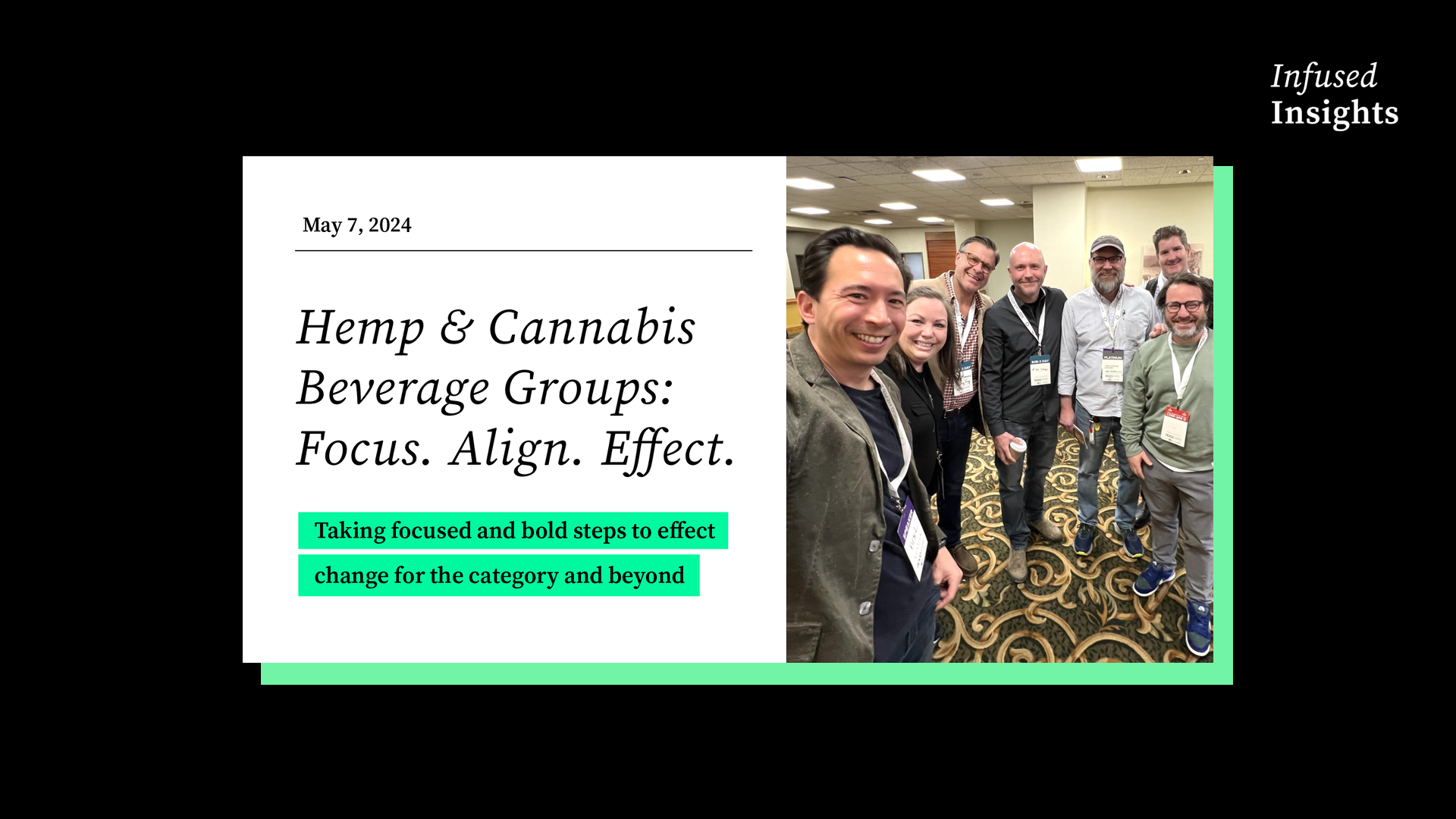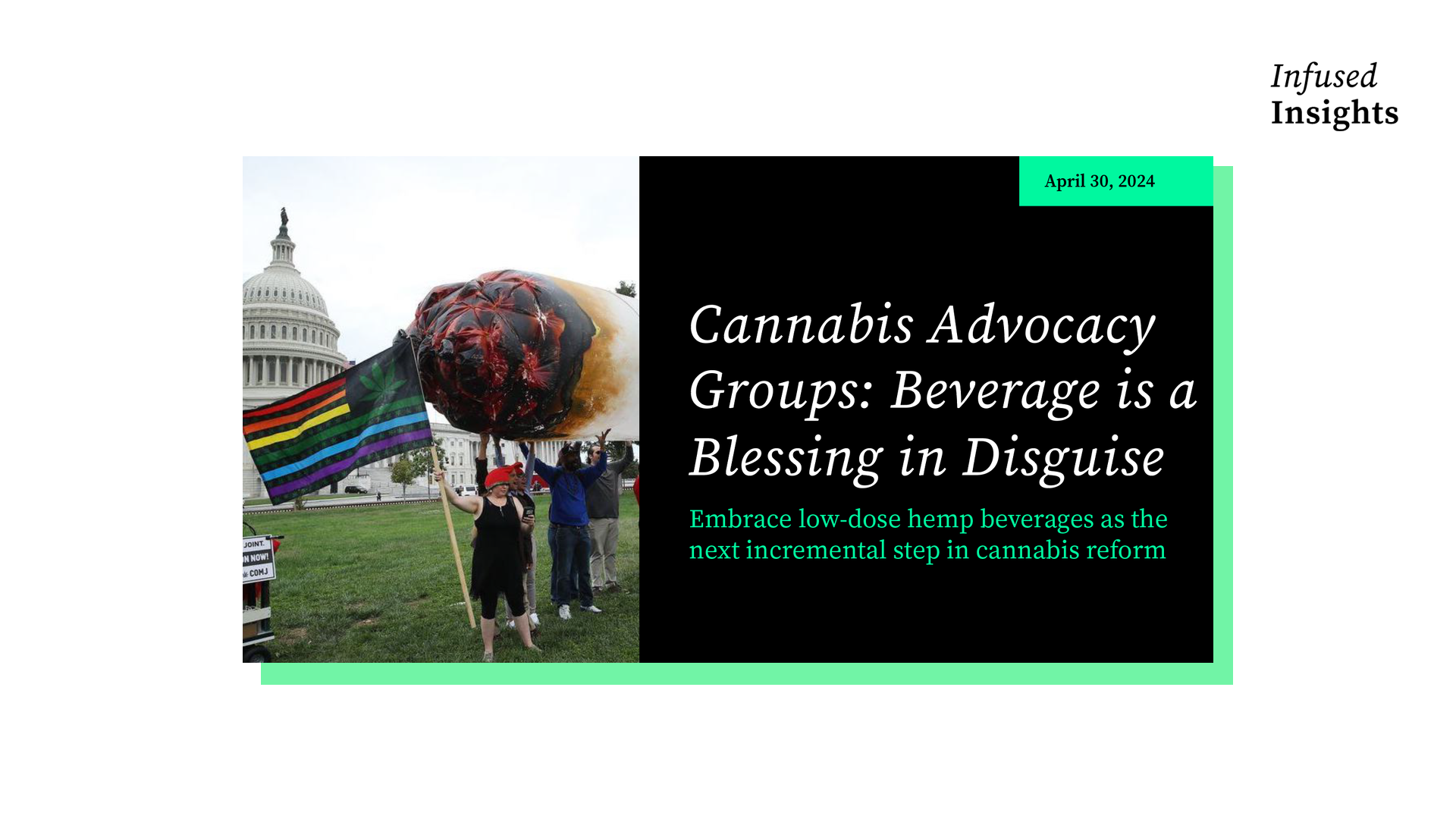Hemp and Cannabis Beverage Trade Groups: Charting a Unified & Effective Path Forward
This post originally appeared on Ben's LinkedIn Newsletter, Infused Insights. You can read and leave comments here. {% video_player "embed_player"...
6 min read
 Ben Larson
:
7/2/24 4:35 PM
Ben Larson
:
7/2/24 4:35 PM

This post originally appeared on Ben's LinkedIn Newsletter, Infused Insights. You can read and leave comments here.
Last week, I had the privilege of attending the California Stakeholder Summit 2024, an event that truly highlighted the National Cannabis Industry Association’s (NCIA) commitment to fostering collaboration and progress in the cannabis space, both at the State and Federal levels. I am deeply invested in ensuring that small and medium-sized cannabis businesses across the United States are heard on Capitol Hill and that we're adapting the conversation to today's needs, and I feel this event facilitated that incredibly well. The summit provided a vital platform for members, supporters, regulators, and elected officials to engage in discussions pivotal for the future of cannabis policy and regulation.
Featured Speakers:
Despite our common interests, major players in the industry, such as multi-state operators (MSOs), typically possess ample resources and establish their own lobbying groups to influence legislation in their favor. Now, it's more crucial than ever for individuals to engage and contribute to the dialogue.
This event was especially timely and well organized with two panels: 1) one focusing on the local impact of CA state regulations, such as the recently proposed AB2223 that seeks to clean-up the well-intended, but relatively incomplete, AB45; and 2) the second panel welcomed Congresswoman Lee and Director Elliott to discuss the impending rescheduling and the relationship between the state and the federal government.

Cody Stross (Northern Emeralds), Kimberly Cargile (A Therapeutic Alternative), Assemblymember Cecilia Aguiar-Curry (District 4, D-Winters), and Khurshid Khoja (NCIA / Greenbridge)
In an engaging roundtable discussion, industry operators came together to discuss and deliberate the potential impact of AB 2223, a bill spearheaded by Assemblymember Cecilia Aguiar-Curry, who also participated in the discussion. This legislation, aiming to refine the relationship between hemp and cannabis within California's market, is seen as a pivotal move towards harmonizing and enhancing the state's cannabis ecosystem after AB 45 created a faire amount of ambiguity. The conversation revealed a collective recognition of the challenges and opportunities that lie ahead, emphasizing the importance of collaborative input and a nuanced approach to regulation and industry support.
Key Takeaways from the Discussion:
I thought it was an incredibly enlightening discussion that invited engagement with the political process. It was great to see the champion of a critical bill be so open with the cannabis and hemp community. I had some additional thoughts inspired by this discussion:
To contact Assemblymember Aguiar-Curry, you can visit her contact page here.

U.S. Congresswoman Barbara Lee and CA DCC Director Nicole Elliott
The next panel of the evening, titled "On The Horizon: Navigating the Path to Federal Regulation," featured insights from Congresswoman Barbara Lee and California Department of Cannabis Control (DCC) Director Nicole Elliott. The conversation delved into the future of cannabis regulation at both the state and federal levels. Their discussion illuminated the complexities and strategic moves required to navigate towards a more regulated, equitable, and prosperous cannabis industry.
The dialogue underscored a shared vision for the advancement and legitimization of the cannabis industry, marked by passionate advocacy for legalization and a keen awareness of the operational and regulatory hurdles currently faced by the sector. Nicole Elliott's commitment to elevating authentic California cannabis brands and her efforts to forge legal pathways for interstate commerce reflect a proactive stance towards capitalizing on California's surplus production capacity. Meanwhile, Congresswoman Lee's critique of the proposed rescheduling of cannabis to Schedule III—advocating instead for complete descheduling—highlights a fundamental disagreement with half measures that fail to address the core issues of decriminalization and federal legality.
Key Points from the Discussion:
The insights shared by Elliott and Lee not only shed light on the current state of cannabis regulation but also chart a course towards a more inclusive, regulated, and thriving industry. Their call for active involvement from industry stakeholders, from submitting comments on proposed regulations to participating in advocacy efforts, emphasizes the collective responsibility in shaping the path to federal regulation. This conversation serves as a rallying cry for unity, action, and continued dialogue among all parties invested in the future of cannabis in California and beyond.
Finally, Congresswoman Lee underscored the pivotal influence of federal leadership on the cannabis industry's future, remarking, "Ask Donald Trump!" as a reflection on bipartisan legislation stalling due to political strategies, despite widespread support for cannabis. Lee passionately advocated for civic participation, emphasizing the critical importance of voting in the primaries on March 5th and again in November, to shape a government responsive to the needs and aspirations of the cannabis community and beyond.
If you've made it this far, thank you so much for sticking with me. I know this one was a bit longer, but the event really inspired a lot of thought and action. Here are some of my asks:

This post originally appeared on Ben's LinkedIn Newsletter, Infused Insights. You can read and leave comments here. {% video_player "embed_player"...

This post originally appeared on Ben's LinkedIn Newsletter, Infused Insights. You can read and leave comments here. {% video_player "embed_player"...

1 min read
This post originally appeared on Ben's LinkedIn Newsletter, Infused Insights. You can read and leave comments here. {% video_player "embed_player"...